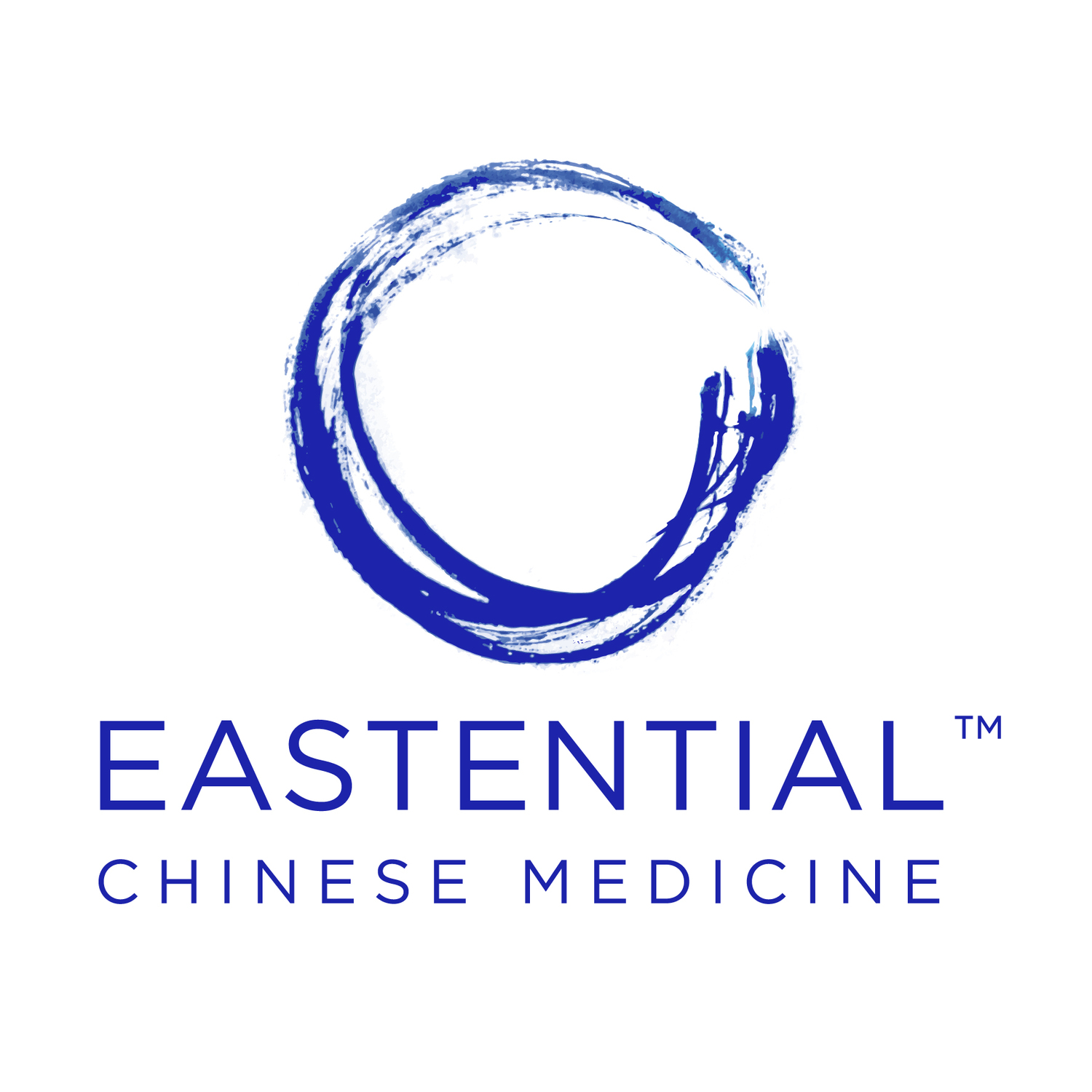Five key points to be mindful of, in your first 40 days of your postnatal care passage and why it matters to embrace this “Fourth Trimester” as part of your motherhood journey.
1/ POSTNATAL CARE MATTERS
Postnatal Care is about self-care after birth and preserving the body and reproductive health for future pregnancies, and long term wellness. This allows the mother to adapt fluidly to the changing environment, as well as maintaining and increasing her reserve and nourishment for the baby and herself. The idea is to prevent the mother from continuously depleting her own reserve, whilst maintaining and improving her health and well-being, in order to tackle the ebbs and flows of motherhood.
2/ POST BABY BODY
Pregnancy has such a deep effect on a woman, not just physically, but mentally as well. Women tend to forget the simple act of resting and giving the body time to heal and recover. Whether you like it or not, your core will be compromised after baby is born. You do not have to be immobile like a vegetable during the 6-weeks postpartum period, but as soon as you feel rested and more energized, start working on deepening your breathing with core and pelvic floor connection, joint movements to get your circulation going, light stretches and some gentle walking. It’s important to listen to your body. Pushing your body too fast and too soon may slow down the recovery process.
3/ NOURISHMENT AND NUTRITION
It is crucial that in the first 40 days after birth, the body is nourished with warm, energy boosting, blood building, easy to digest and simple cooked meals as much as possible. Good nourishing meals with simple ingredients and understanding what it does for the body is the key to self-care after birth. Meals are prepared to aid digestion, to warm the belly and heart and, to regenerate and build resources that are depleted. Diet during the first 40 days is about restoring and nourishing your health and body back to balance. Pre-planning your meals, cooking larger portions and freezing them, is an efficient way to eat well without compromising on the quality of nutrition.
4/ EXERCISE
Rest and recovery is key, but rebuilding physical and mental strength and flexibility is equally important. Work with a trained professional who is educated and experienced in postpartum specific issues like Diastasis Recti (abdominal muscle separation), dysfunctional pelvic floor, hip and lower back pain, and unstable sacroiliac joints, to name a few. Functional programs like Postnatal Yoga, Mum and Bub Yoga, and Postnatal Pilates are great, as they also act as bridge before resuming your regular sporting activities.
5/ MENTAL HEALTH & POSTNATAL DEPRESSION
Don’t be afraid to ask for help. Birth trauma and perinatal anxiety is very real! According to PANDA (Perinatal Anxiety & Depression Australia), 1 in 7 new mothers and up to 1 in 10 new fathers experience postnatal anxiety and depression in Australia. The other more extreme cases of Postnatal Depression called Postnatal Psychosis affects one to two women in every one thousand, after birth.
Postnatal care is often overlooked in the entire pregnancy journey. Women are often concern about fertility, looking after themselves during pregnancy, and the best course of birthing. These are extremely vital steps. However, women should not forget that the journey of looking after oneself should not stop after the birth of the baby. There should be a continuation of that ‘vital care’ in order to rebuild, restore and rebalance the body, not only for the health of your baby and but also for further reproduction, slow down the process of ageing, and for better health further in life. Postnatal care matters for the restoration of your health in the present and also in the future.
What more information on how Chinese medicine diet therapy or the postpartum herbal pantry kit to aid in your postnatal recovery? We offer a FREE 15 minute consultation in our clinic. Come chat with us. Simply BOOK ONLINE or email us on eastentialtcm@gmail.com and we will endeavour to attend to your queries within 48 hours.

